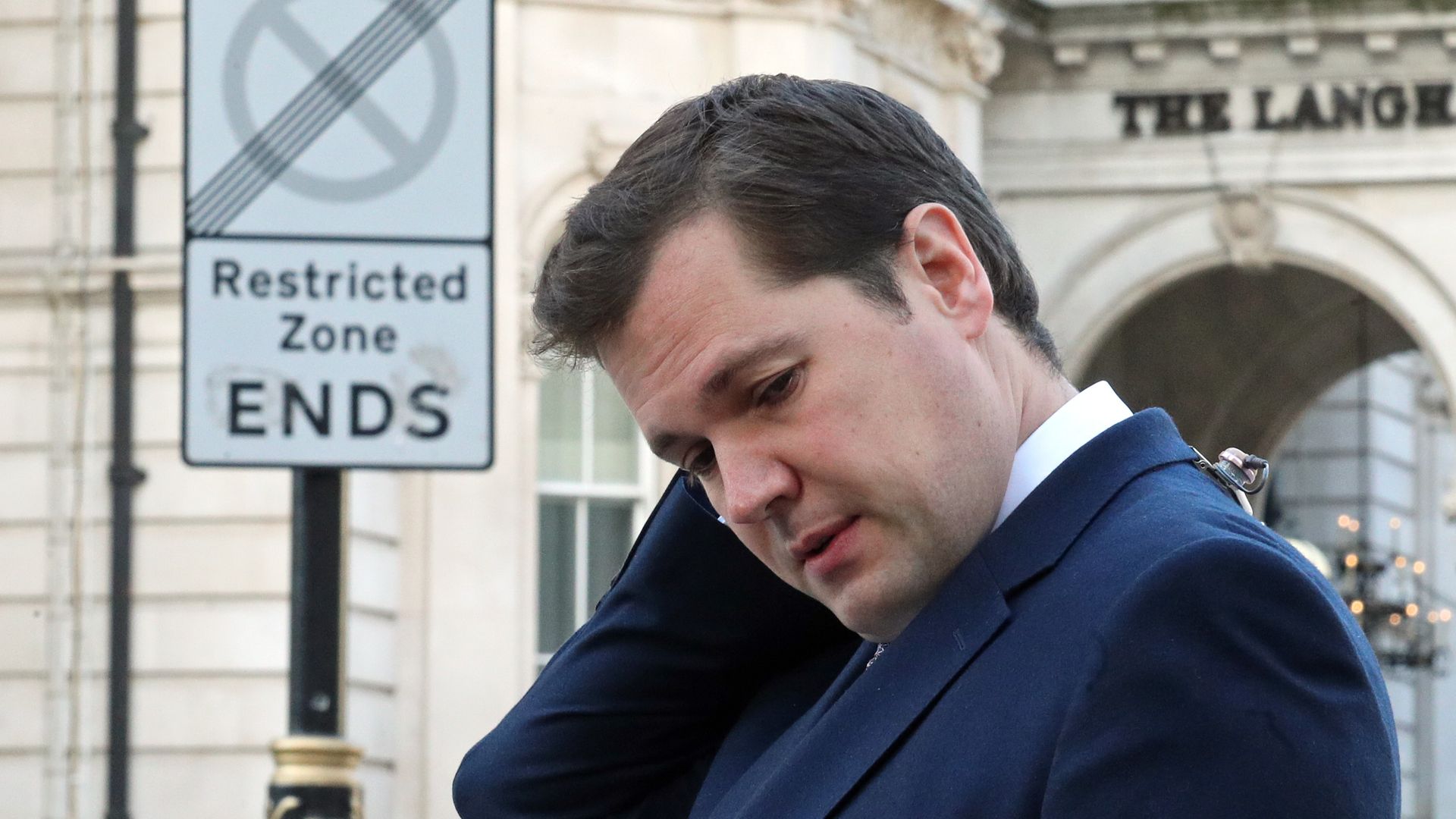
The government is to press ahead with the easing of coronavirus restrictions over Christmas even though it will lead to an increase in the infection rate, a senior minister has said.
Communities secretary Robert Jenrick said that it would be up to people to make a “personal judgment” whether they wanted to meet up with vulnerable family members over the holiday period.
He suggested that some people may decide to “keep it small” and put off larger gatherings until the spring, saying: “Easter can be the new Christmas.”
Ministers hope that the rollout of a vaccine and improved testing availability will help life return to something closer to normal in the spring.
The first vaccination figures showed almost 138,000 people in the UK have received the jab so far.
Cabinet Office minister Michael Gove is resuming talks over the plans for up to three households to mix between December 23 and 27 with leaders of the devolved administrations.
A UK government source has acknowledged the four UK nations may take differing approaches, but insisted there would be no change in the law in England.
It comes after two leading medical publications – the BMJ and Health Service Journal – warned an easing of restrictions would “cost many lives”, while the British Medical Association (BMA) echoed Labour leader Sir Keir Starmer in demanding an urgent rethink.
Jenrick said that people would need to think carefully if they wanted to risk large family gatherings, pointing to the example of the United States where there had been a rise in cases following the Thanksgiving holiday.
“We all need to use our own personal judgment thinking about our own families whether we have particularly elderly or clinically vulnerable relatives who might be round the Christmas table and also looking at the fact that the rates of the virus are rising in many parts of the country,” he told Sky News.
“Our position is clear that the legal framework will continue but because the infection is rising in many parts of the country, because we can see these international examples like Thanksgiving, it is incumbent on each every family across the country this morning and in the days ahead to have that conversation round the breakfast table, ‘Is this right for our family?’
“This is a virus that thrives on social interaction so bringing more people together, even over this short period of time, is not cost-free. It will have consequences in terms of increasing the rate. It will rise.”
The government’s Christmas travel tsar Sir Peter Hendy suggested people should “stay local” during the festive period and book public transport early.
He told MPs: “One ought to say ‘be careful’. One ought to say ‘stay local’ because that’s the tone of the message from government, stay local if you can.”
Linda Bauld, professor of public health at the University of Edinburgh, said the easing was a “bad idea” and that people needed to be “incredibly cautious”.
“I think, to avoid the preventable deaths that we’re going to have in January as a result of this, we shouldn’t be doing it, but if we do do it then I think we need to do it in the most modest way possible,” she told BBC Breakfast.
Professor Graham Medley, a member of the government’s Scientific Advisory Group for Emergencies (Sage), said the impact of the relaxation was “really uncertain”.
“There are two things happening over the period: one is that most workplaces and schools are closed, so that will result in reduced contact,” he told the BBC Radio 4 Today programme.
“On the other hand, if we all mix together and have a normal Christmas then we know that in a normal year most respiratory diseases and hospital admissions increase after Christmas anyway in a non-Covid year, so there’s clearly a risk, but it really very much depends on what people do.
“It’s very hard to predict and say ‘oh yes, this is going to be a disaster’ or ‘nothing is going to happen’ because it really does depend on what people decide do.”









